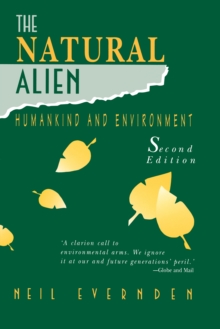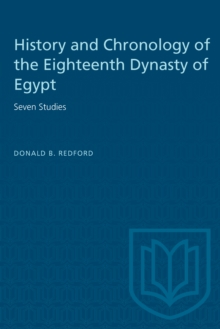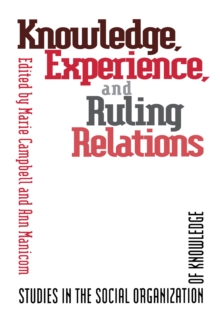
A Kind of Life Imposed on Man : Vocation and Social Order from Tyndale to Locke PDF
by Paul A. Marshall
Part of the Heritage series
Description
Vocation, or calling - the idea that everyday work is the locus of Christian obedience - is, at first glance, peculiarly a theological notion. But doctrines of vocation formed the core of much of the economic and social theory of Protestantism at a time when such theory was culturally and politically influential. Hence it has also attracted attention from, and caused controversy among, sociologist, economic historians, and political theorists. Max Weber made vocation one of the foci of his celebrated studies of the 'Protestant ethic' and the 'spirit of capitalism.' In this book, Paul Marshall offers the first systematic study of the development of the idea of vocation in England from 1500 to 1700.
Vocational theory illuminates four themes that are examined in this work: the relationship between Renaissance and Reformation social thought; the nature of the competing political forces in mid-seventeenth century England, particularly as they related to Puritan social views; the interpretation of seventeenth-century political theory, notably the thinking of John Locke; and contemporary theological discussions of the relationship of vocation to the existing social order, which parallel debates between the Levellers and their opponents during the civil war.
The doctrine of calling was a key element in various English social theories. It emphasized personal responsibility yet still treated the social order as divinely sanctioned, and is produced a distinct 'Protestant ethic,' if not the one that Weber had in mind.
Information
-
Download - Immediately Available
- Format:PDF
- Pages:176 pages
- Publisher:University of Toronto Press
- Publication Date:15/12/1996
- Category:
- ISBN:9781487577599
Other Formats
- Paperback / softback from £19.69
Information
-
Download - Immediately Available
- Format:PDF
- Pages:176 pages
- Publisher:University of Toronto Press
- Publication Date:15/12/1996
- Category:
- ISBN:9781487577599










